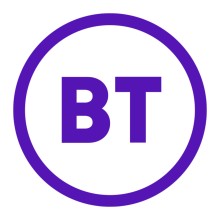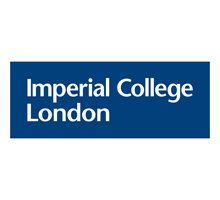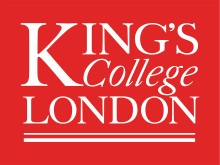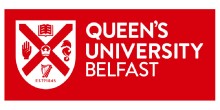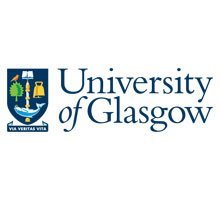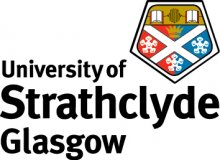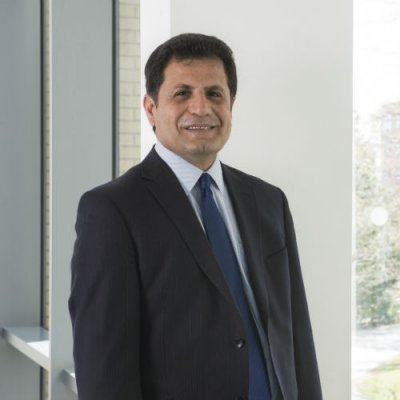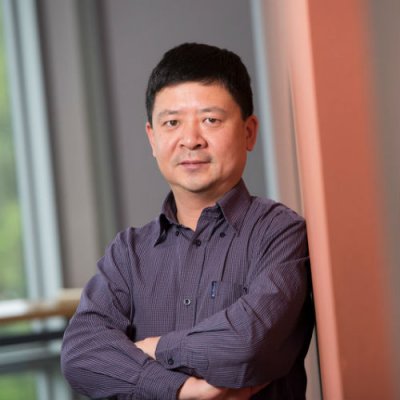Towards Ubiquitous 3D Open Resilient Network (TUDOR)
The TUDOR Project is an ambitious research programme aiming to solve many societal, environmental and economic grand challenges such as the digital divide and energy efficiency.
Start date: February 2023 - End date: January 2025.
Overview
The TUDOR Project is a £12M UK flagship research project funded by the Department of Science, Innovation and Technology (DSIT). It targets low technology readiness level (TRL) research, aiming to tackle strategic technical challenges oriented to the design of future 6G paradigm.
The 3D aspect of the project refers to the seamless integration of satellite, airborne (e.g. high altitude platform systems – HAPS, unmanned aerial vehicles – UAVs) and terrestrial network capabilities, all of which will become integral components in 6G.
Our ambition
The UK has the opportunity to lead development of ubiquitous, open, convergent terrestrial, airborne and space networks - ‘3D open networks’, which will form the basis of 6G-era connectivity services.
This project will leverage the UK’s strength in satellite, wireless, AI and data science to create an ecosystem capable of realising this opportunity.
We will position the UK as a leader in research towards 6G by advanced technology innovations in open telecommunications systems.
Explore our objectives to making this a reality.
Our people
Professor Rahim Tafazolli
Surrey Project Lead
Professor Ning Wang
Surrey Technical Lead
Consortium





